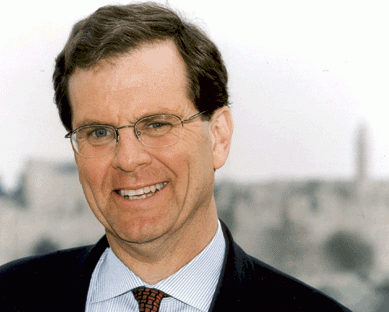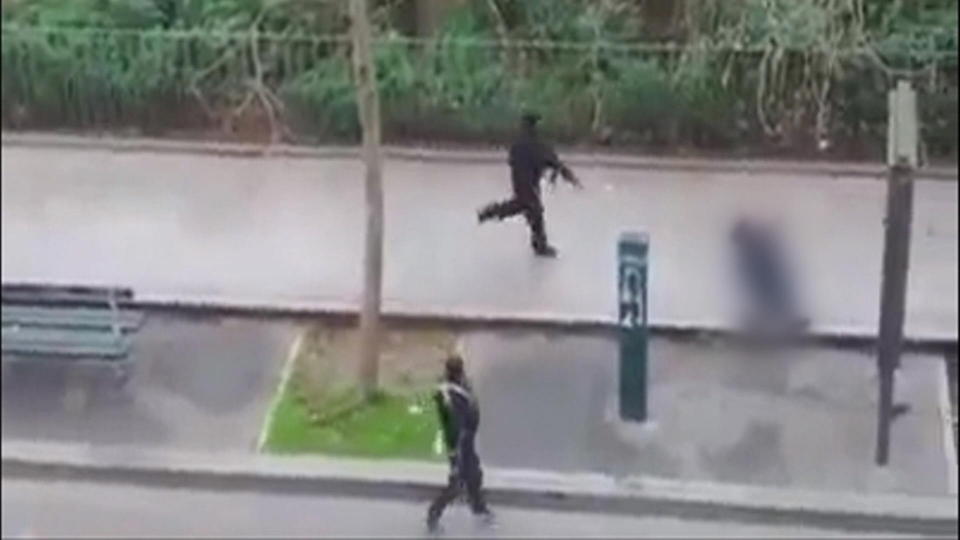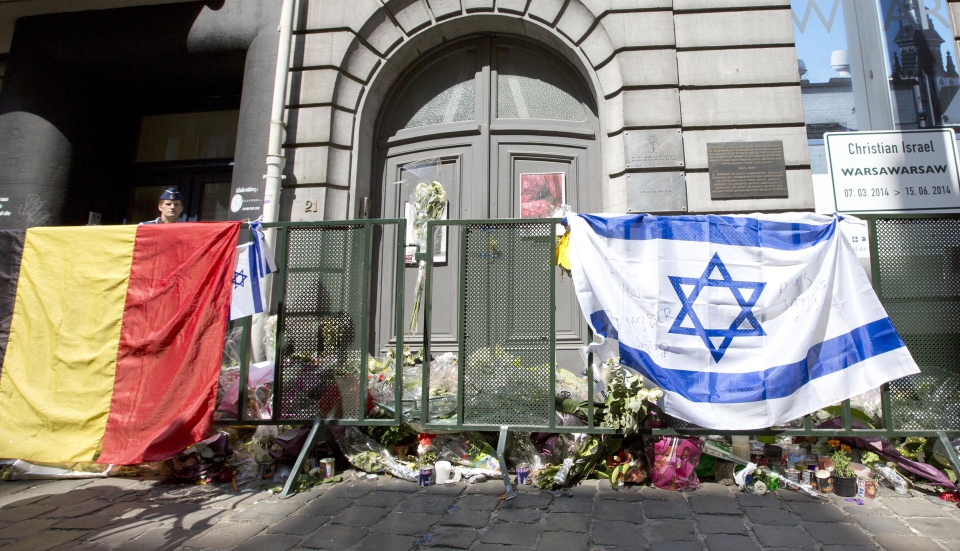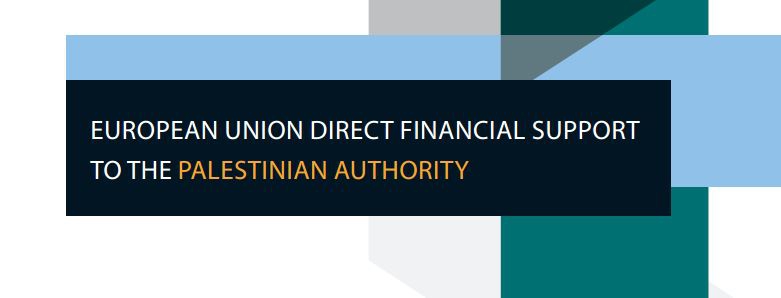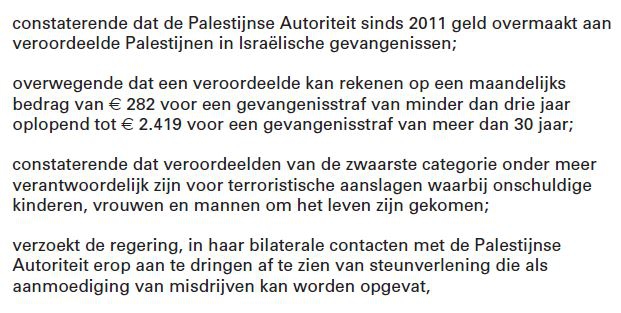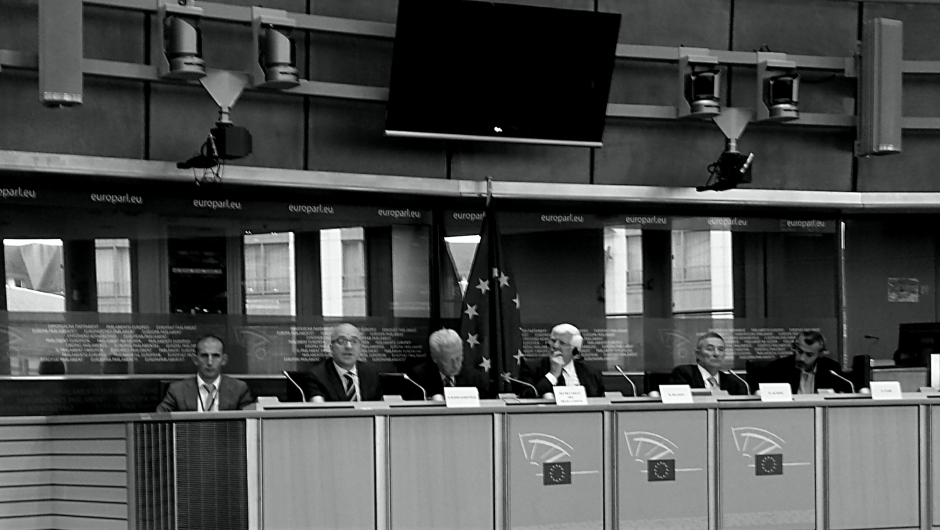Analysis
Why the Armenian Genocide Matters Today
Why the Armenian Genocide Matters Today
April 27, 2021
By David Harris
April 24th was the annual commemoration date of the Armenian Genocide. It marked the systematic annihilation of approximately 1.5 million Armenians at the hands of the Ottoman Turks.
What was the same this year, as in the past, was Turkey’s denial of the facts and any historical responsibility for the tragedy.
What was different this year was the American position.
Previously, Washington had jumped through linguistic hoops to avoid the word “genocide,” while still seeking to pay homage to the victims. But it didn’t exactly work. Something fundamental was missing. That something was honesty, which was, in the end, sacrificed on the altar of political expediency.
After all, it was thought, Turkey was a significant regional player, strategically located, NATO member, and volcanically sensitive on this issue. It drew the line at use of the word genocide and threatened those who crossed it. In the end, Washington always yielded.
Even Barack Obama, who had made a special point, as presidential candidate, of saying that, if elected, he would reverse longstanding American policy, blinked when he sat in the Oval Office.
Thus, what President Biden did was nothing less than groundbreaking and to his everlasting credit, though, it should be noted, he never once — very consciously, one assumes — mentioned Turkey in his otherwise powerful statement.
Strikingly, I received a call in the midst of the commemoration asking why American Jewish Committee (AJC) and I were so active in reacting to the Armenian Genocide. In essence, the question was: Why should this be a Jewish concern?
Rarely speechless, it took me a moment to formulate a reply.
First, I responded, as Jews and victims of genocide ourselves, how could we possibly ignore or minimize the mass targeting of another people, based on their nationality or faith?
Victims of genocide must stand up for one another, educate each generation about man’s capacity for inhumanity and bestiality, and serve as monitors and early warning systems for other possible crimes against humanity.
Second, there may well have been a connection between the Armenian Genocide and the Holocaust. Adolf Hitler was reported to have said, on the eve of the German invasion of Poland in 1939: “Who, after all, speaks today of the annihilation of the Armenians?”
After the war, testifying before the United States Congress in 1950, AJC leaders made a related point:
“Had there been a law for the punishment of genocide, the Turkish rulers, who had ordered the extermination of the Armenians, could have been brought to justice. Hitler would have known that he could not commit genocide with impunity.”
In taking this position as early as it did, AJC was also inspired by the work of Raphael Lemkin, a Polish Jew and lawyer, who escaped to the United States while many of his family members were murdered in the Holocaust.
He coined the term “genocide,” drawing on Greek and Latin to create a word which had not previously existed in the international vocabulary — neither for the Armenian nor the Jewish tragedies, both of which dominated his thinking. Apropos, in 1941, seeking to describe German atrocities, Winston Churchill said: “We are in the presence of a crime without a name.”
Lemkin was also the driving force for the drafting and adoption of the Genocide Convention by UN member states.
He was supported in his work by AJC, which gave him office space in New York and, when he died in 1959, paid for his tombstone.
And third, if we allow Turkey to whitewash history, then just imagine the Pandora’s Box that will have been opened.
Could that one day potentially target the Holocaust? To some, it may seem impossible, given all the recorded testimonies, museums, memorials, and monuments.
But Holocaust deniers, both countries and individuals, are out there, have the tools of communications technology available to them, and await the day when there are no longer any living eyewitnesses or survivors, just as there are no more living eyewitnesses or survivors of the Armenian Genocide.
Surely, in a rational world, a telegram to the State Department from U.S. Ambassador to the Ottoman Empire Henry Morgenthau Sr., dated July 16, 1915, would be quite dispositive. He warned: “Deportation of and excesses against peaceful Armenians is increasing and from harrowing reports of eye witnesses [sic] it appears that a campaign of race extermination (emphasis added) is in progress under a pretext of reprisal against rebellion.”
So, too, the comment of Winston Churchill: “The Turkish Government began and ruthlessly carried out the infamous massacre and deportation of Armenians in Asia Minor. The clearance of the race from Asia Minor was about as complete as such an act, on a scale so great, could well be.”
And lastly, I hope the day is not far off when Israel joins the growing list of countries, including Canada, France, Germany, Italy, and now the U.S., that calls the Armenian Genocide by its rightful name.
Turkey has gone to great lengths to deter Israel from taking such a step, including threats galore directed at core Israeli and Jewish interests, as I have seen up close.
That makes any such decision difficult in the real world of actions and consequences. Still, as a country where the memory of the Holocaust is seared into the national consciousness, Israel should understand more than most the moral cost of succumbing to Turkey’s thuggish behavior.
Finally, it was Churchill who, in 1940, said: “A nation that forgets its past has no future.” Could he possibly have had, among others, Turkey in mind?
